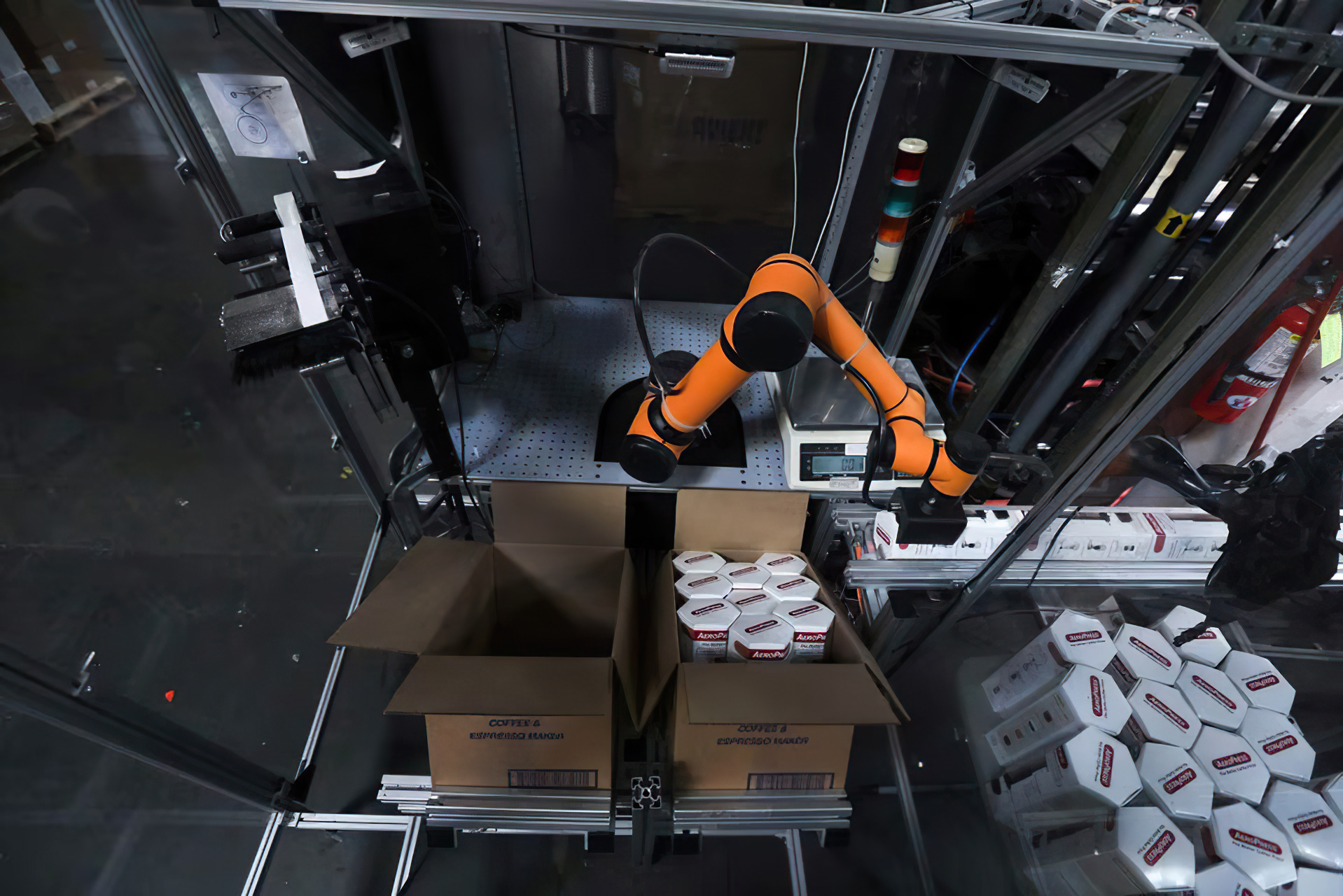CEO and Co-Founder Jordan Kretchmer, along with CTO and Co-Founder Ruddick Lawrence, believe that machines will win, as do we. In an interview, the former discusses how America's manufacturing industry is in desperate need of innovation. Recent macroeconomic trends are highlighting bottlenecks within the manufacturing supply chain (e.g., labor shortages), perfectly outlining one of our five "Wave 1 Archetypes" when it comes to identifying innovation opportunities within the Machine-to-Machine Learning (M2ML) space.
"Optimizing utilities and consumables in areas around power consumption, safety, privacy, security, and environmental cost tracking, are traditionally viewed as cost centers. However, current and looming threats like climate change, cyber-attacks, and labor shortages are rapidly transforming these domains into essential business priorities on accelerated timelines."
Kira Noodleman - Partner, Bee Partners
Read more about our Machine-to-Machine Learning "archetypes" in our M2ML Insight Paper or more about the mission and vision of Rapid Robotics on their website.
Jordan Kretchmer: Bottoms-Up Automation
The Value of Robotics as a Service (RaaS)
In the ever-evolving landscape of manufacturing, a new era is dawning, one that holds the promise of efficiency, cost-effectiveness, and adaptability like never before. The driving force behind this transformation is the concept of Software as a Service (SaaS), and its fusion with the world of manufacturing is set to change the game. Imagine a manufacturing world where you can adopt cutting-edge robotic technology without the hefty upfront costs and labor-intensive programming. Welcome to the world of Robotics as a Service (RaaS), an ingenious marriage of innovation and practicality.
The visionary behind this revolution is someone who saw a fundamental problem and dared to ask, "Why are we still building robotic arms the same way we did 20 years ago?" These words from a manufacturing expert reflect a shift in mindset that's been long overdue. Robotic technology has existed for decades, yet deploying it remains a complex and expensive ordeal. But now, with the advent of RaaS, that's changing.
RaaS doesn't merely entail leasing robots; it incorporates a holistic service and support model that manufacturers have been yearning for. The process begins with rapid installation, much like the ease of adopting any SaaS product. Gone are the days of painstakingly programming robots; these robots are designed to be user-friendly and, most importantly, remotely supportable. When something goes awry, you're not left with a hefty bill from a contractor; you have immediate, accessible support akin to a chat-based software model.
One of the most significant problems with traditional robotics was the inflexibility and cost associated with changes in production needs. Imagine having to reprogram a robot from scratch each time a product's size changes. The expenses stack up, and the return on investment dwindles. RaaS addresses this issue by offering adaptability in a manufacturing world where robots are traditionally bolted to the ground.
The long timelines for robot installation, ranging from eight to 18 months, have been a significant roadblock. Not to mention the high upfront costs that often outweigh the advantages, not to mention the limited flexibility they provide. With RaaS, the time and cost factors are minimized, providing a much-needed boost to manufacturers looking to compete in a rapidly changing market.
The bottom-up transformation approach advocated by the pioneers of RaaS offers a refreshing alternative to the typical five-year automation plan that never sees the light of day. Instead of aiming for a fully automated factory right from the start, the focus is on taking incremental steps. Start small, see the benefits quickly, and then scale up. This approach is a lifeline for manufacturers who lack the resources for a multi-million-dollar factory overhaul.
Looking ahead, the future of manufacturing holds exciting possibilities. Collaboration among companies in the sector is set to increase, resulting in more interoperable solutions that offer a consolidated, powerful outcome. Data-driven and analytics-driven insights will drive manufacturing excellence, helping companies make informed decisions and enhance their efficiency. The bottom-up transformation strategy, combined with data collection through intelligent systems, promises a manufacturing output that is not only efficient but also resilient to the many challenges the world faces today. If you are a prospective client or know of someone who would benefit, don’t wait and begin working with Rapid Robotics today.
Jordan and his Co-Founder Ruddick came through our third fund, and since the investment, the team has continued to grow its service and personnel. Click here to learn more about the Company and Team, or here if you are a Founder innovating in any of our three vectors.

No Comments.